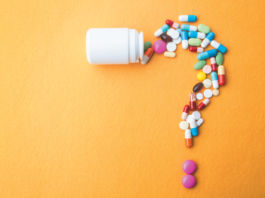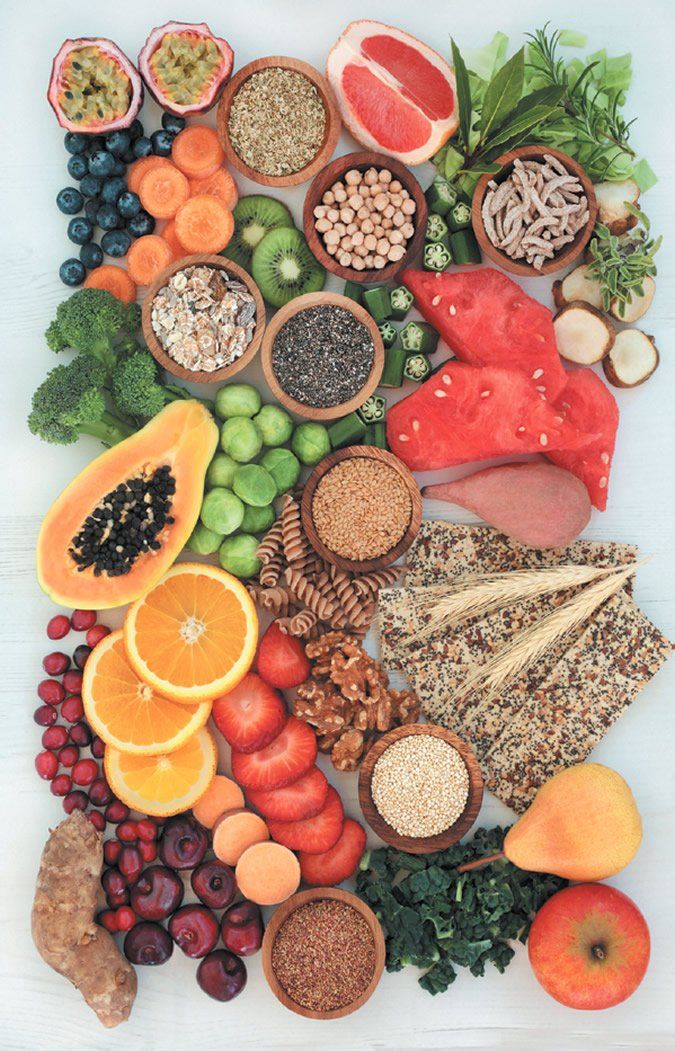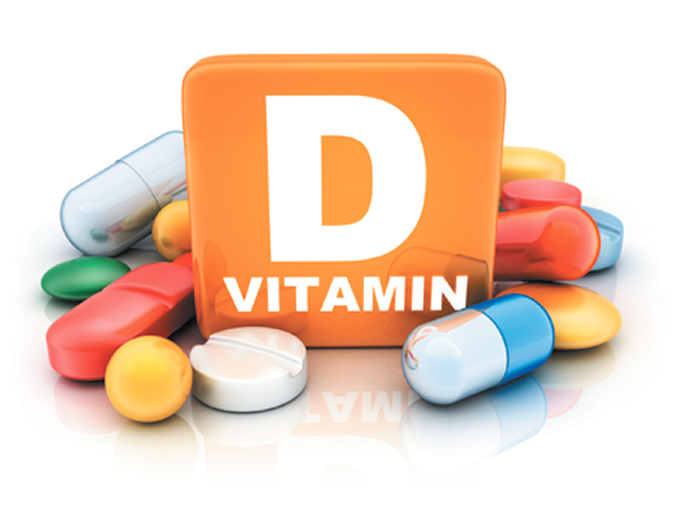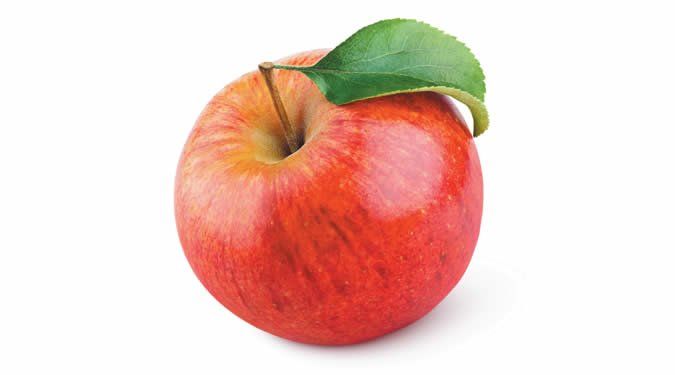Eating Fruits, Vegetables, and Fish Linked to Lower Risk of Macular Degeneration
The American Journal of Ophthalmology recently published results from a cohort study which found that consumption of fish, fruit, and vegetables in amounts generally consistent with international recommendations for the prevention of age-related macular degeneration (AMD) was associated with lower risk of AMD.
Even Intermittent Healthy Eating Lowers CVD Risk Factors
New research published in the journal Nutrients found that adopting, abandoning, and then readopting a healthy eating pattern, such as the DASH diet or Mediterranean-style diet, can still lead to a reduction in cardiovascular disease (CVD) risk factors.
Fiber and Whole Grains for Better Health
The journal The Lancet recently published a report that collected and pooled data from 185 prospective observational studies and 58 clinical trials on dietary fiber intake and human health.
More Fruits and Vegetables for Brain Health
As reported in the journal Neurology, a recent study found that highest consistent intakes of fruits and vegetables, compared to lowest intakes, were linked to better self-reported cognitive function at older ages. Over a 20-year period, 27,842 U.S. men participating in the Health Professionals Follow-Up Study completed five detailed dietary questionnaires as well as two subjective cognitive function questionnaires.
No Heart or Cancer Benefit from High-Dose Vitamin D
The New England Journal of Medicine recently published a study that found high-dose vitamin D supplementation provided no protective benefit with regard to risk of developing either cancer or cardiovascular disease.
Flavanols from Food Likely Better than Supplements
A recent study, published in the American Journal of Clinical Nutrition, determined that isolated flavanols did not have a beneficial impact on systolic blood pressure and other cardiometabolic markers.
Aerobic Activity May Improve Executive Functioning
A randomized trial published in the journal Neurology suggested that aerobic exercise may have neurological benefits for adults at risk for cognitive decline. One hundred and sixty sedentary participants with cognitive impairments (but no dementia) were randomly assigned to one of four study groups: aerobic exercise alone, DASH (Dietary Approaches to Stop Hypertension) diet alone, a combination of aerobic exercise plus DASH diet, or health education alone.
No Weight Loss Boost from Intermittent Calorie Restriction
A randomized controlled trial recently published in the American Journal of Clinical Nutrition found little difference between an intermittent calorie-restricted diet and a traditional continuous calorie-restricted diet. This well-conducted study followed 150 overweight or obese participants for fifty weeks.
Community-Based Physical Activity Promotes Health
The Lifestyle Interventions and Independence for Elders (LIFE) trial showed that older adults who follow a structured physical activity program can reduce mobility-disability by up to 28 percent. Based on these encouraging results, a pilot study was recently conducted by Tufts University to test the approach among older adults in an existing community setting.
Mediterranean-style Diet Plus Vitamin D3 for Osteoporosis
The NU-AGE (New Dietary Strategies Addressing the Specific Needs of the Elderly Population for Healthy Aging in Europe) trial, published in the American Journal of Clinical Nutrition examined the effects of a Mediterranean-style diet combined with vitamin D3 supplementation on bone health. In this study, conducted in five European countries, participants were randomized to either follow a Mediterranean-style diet or maintain their current diet for a one-year period.































